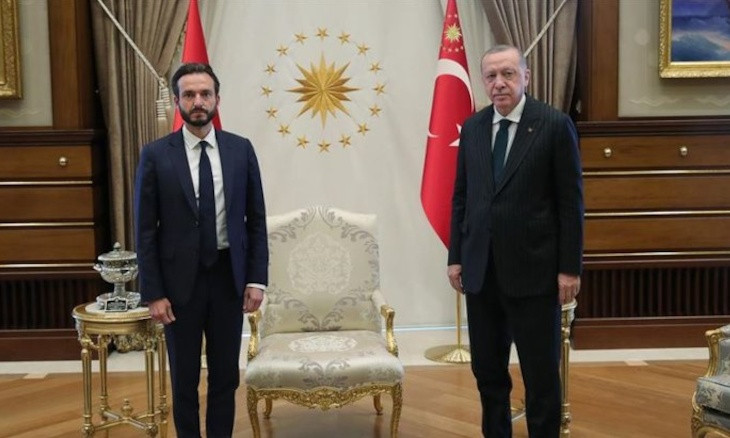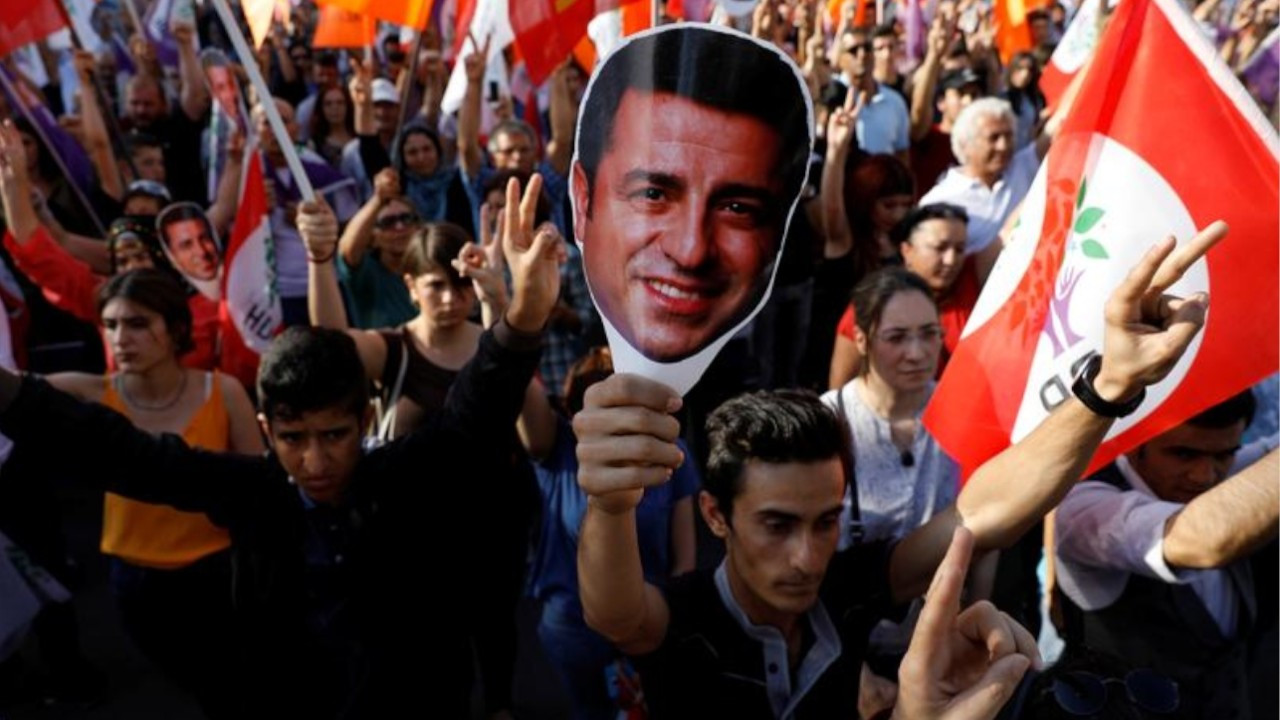Turkey violated rights of imprisoned lawyer by denying him access to law-related websites, ECHR rules
The ECHR ruled on Feb. 9 that Turkey had violated the rights of human rights lawyer Ramazan Demir by refusing to grant him access to Internet sites of the ECHR, the Constitutional Court and the Official Gazette in the course of his pre-trial detention in Silivri Prison in 2016. The court ordered Turkey to pay Demir 1,500 euros in respect of non-pecuniary damage and 2,000 euros in respect of costs and expenses.
Serkan Alan - Eren Topuz / DUVAR
The European Court of Human Rights (ECtHR) ruled on Feb. 9 that Turkey had violated the rights of an imprisoned lawyer by refusing to grant him access to Internet sites on legal matters.
The case concerns the application of human rights lawyer Ramazan Demir, who wished to access the Internet sites of the ECHR, the Constitutional Court and the Official Gazette in the course of his pre-trial detention in Silivri Prison in 2016.

Demir represents former Peoples' Democratic Party (HDP) co-chair Selahattin Demirtaş before the ECHR. He was jailed pending trial on charges of terrorism on April 6, 2016 and released five months later.
During his time in Silivri Prison, Demir wanted to access the relevant Internet sites so that he could obtain legal information to follow his clients’ cases and to prepare his own defense in the criminal proceedings against him.
The lawyer's request however was dismissed by the prison authorities as inappropriate.
Demir later took his case to the Turkish Constitutional Court; however, his case was rejected, prompting him to file an application with the ECHR.
The ECHR ruled in favor of Demir, saying Turkey had violated Article 10 of the European Convention on Human Rights (freedom of expression: freedom to receive information and ideas).
The court ordered Turkey to pay Demir 1,500 euros in respect of non-pecuniary damage and 2,000 euros in respect of costs and expenses.
“Since prisoners’ access to certain sites containing legal information had already been granted under Turkish law for the purposes of training and rehabilitation, the restriction of Mr Demir’s access to the Internet sites of the Court, the Constitutional Court and the Official Gazette, which contained only legal information that could be relevant to the applicant’s development and rehabilitation in the context of his profession and interests, had constituted an interference with Mr Demir’s right to receive information,” the ECHR said in its decision.
“Furthermore, neither the authorities nor the Government had explained why the contested measure had been necessary in the present case,” it said, in reference to prison authorities' decision to restrict Internet access to Demir.
Demir's lawyer Benan Molu commented on the ECHR's decision, saying Turkish prison authorities need to grant prisoners the right to access Internet “within the scope of training and rehabilitation programs.”

 ECHR chief stresses 'binding' obligation of member states to implement court's rulingsHuman Rights
ECHR chief stresses 'binding' obligation of member states to implement court's rulingsHuman Rights MEPs call on Council of Europe to pressure Turkey to release Selahattin DemirtaşHuman Rights
MEPs call on Council of Europe to pressure Turkey to release Selahattin DemirtaşHuman Rights